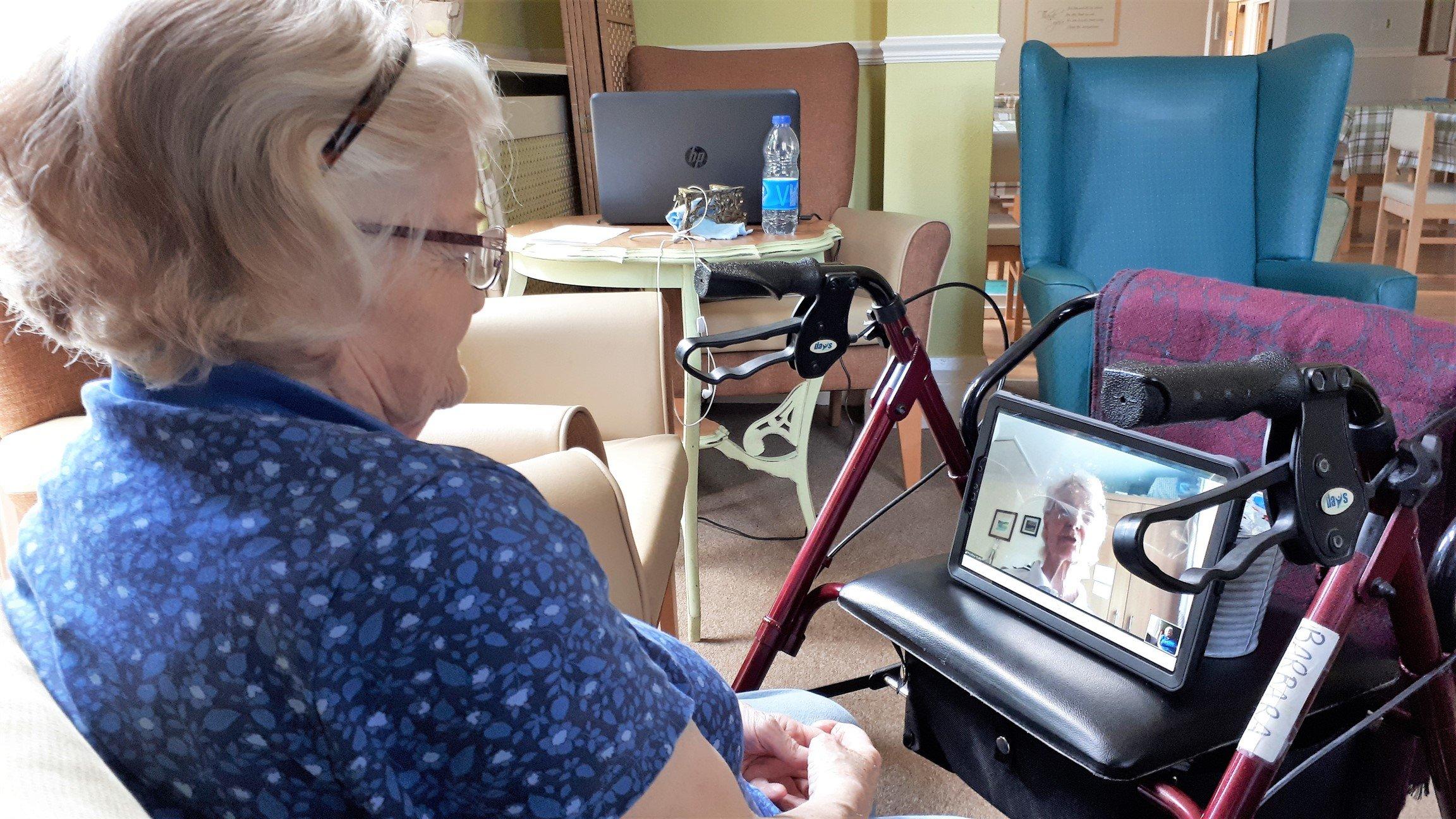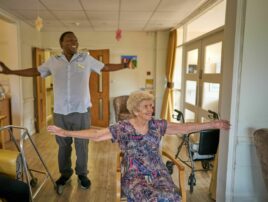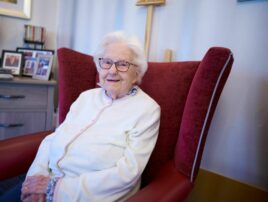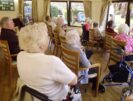
Monday 9th November 2020
Zooming in on important issues
Louise Morse
Our first Zoom meeting went very well recently, even though I ‘disappeared’ everybody halfway through! We all managed to come back and finish our discussion about tackling loneliness and despite their untimely ejection, most said they would like to join our next meeting. “Thank you very much for the nice relaxed and informative Zoom, I enjoyed it very much,” one emailed later, adding “I have taken away a number of points to carry forward.” Another messaged, “Many thanks for the pdf and points raised in discussion. Very helpful.” The aim of these gatherings is that we can share our knowledge and experiences, enriching our understanding so we are better able to help the older people in our lives. In this first meeting we looked at ways of preventing loneliness, both in ourselves and others in the Covid pandemic.
More than one cause of loneliness
We noted that isolation is not the only reason why people are lonely; some prefer to live on their own. We can feel lonely in a crowd when we feel no sense of connection with others, or when we are coping with bereavement, or when we feel we are not important to anybody else. People who lack confidence in themselves often believe that they are unworthy of the attention or regard of other people and ‘protect’ themselves by staying isolated. Age UK research has identified nearly a million people who feel like this, many of whom said they wish they weren’t here. When this is the case, said one participant, it’s important to spend time building that person up. Another said that she used to find it difficult to engage with others, but she decided to do it anyway, ‘and it worked!’ Now she has no problem taking the first step.
Older people need to feel that they are valued as individuals, not seen simply as recipients of help. A pastor once told me about an independent, spirited older lady in his church who challenged his reason for visiting her because, she told him, there was nothing wrong with her. The answer is to engage older people: many like to be asked to help others in some way. An example is the 84-year-old lady who encourages five others in her church by telephoning them at least once a week with a chat and a Scripture verse.
We looked at practical ways of keeping in touch. They included telephoning, writing letters, Skype and Zoom, and ‘through the window’ visits (which will not be as easy during the winter months.) A hospital chaplain said that even though not all patients in hospital have coronavirus hospitals are still dominated by it, taking strict safety precautions including isolation to prevent its spreading, and few visitors. She told of people sending cards and encouraging letters and described a letter in an envelope addressed to ‘a little girl.’ It may be worth contacting one of the chaplains at your local hospital and asking if this would be welcome.
Our next meeting is on ‘Supporting dementia caregivers this Christmas time’, Tuesday, 1st December, at 2:30pm. Numbers are limited to enable discussion. If you would like to take part, please email louise.morse@pilgrimsfriend.org.uk


































